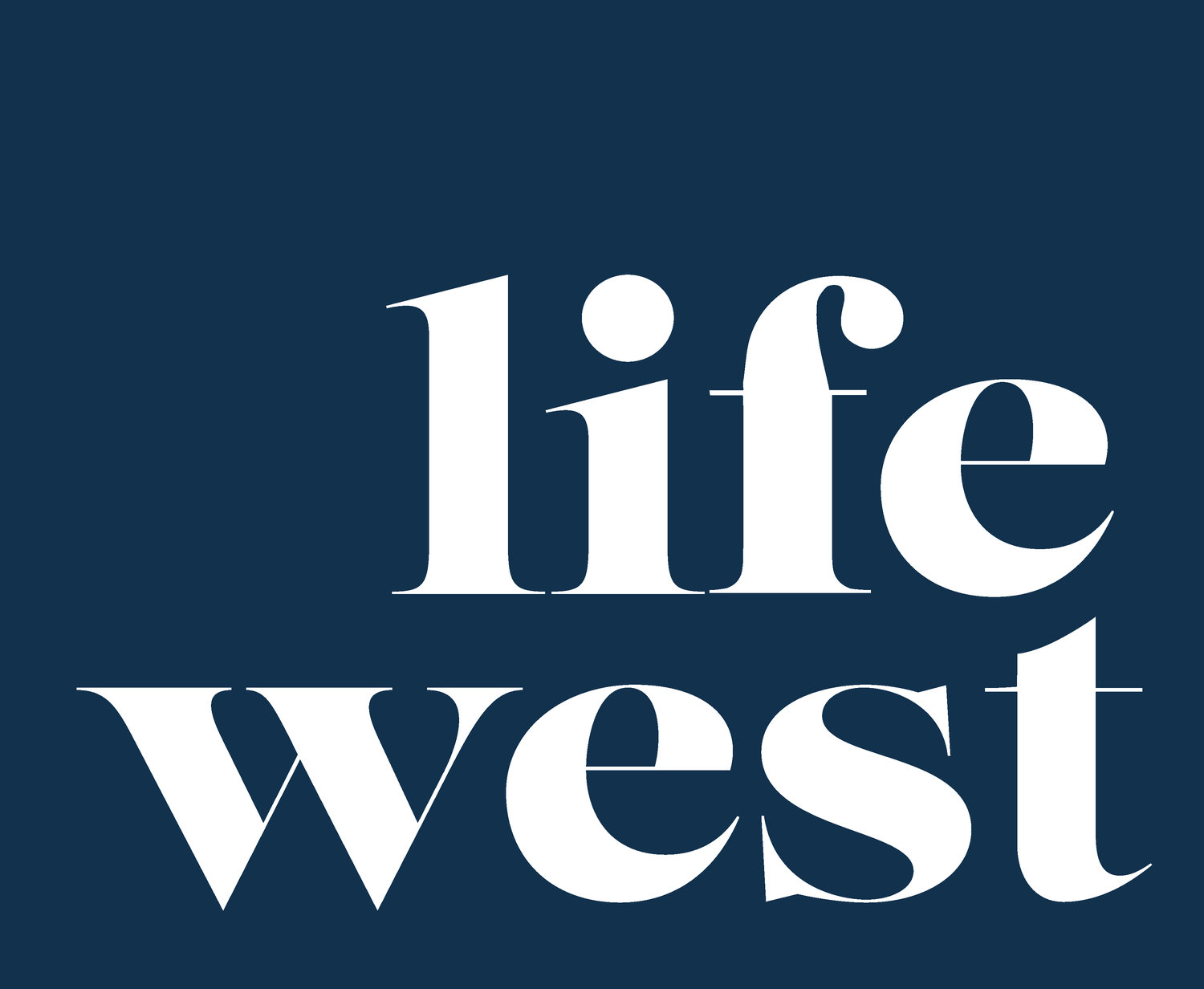Whether chatting with friends and neighbours, or meeting with home owners who are considering a move, this is always one of the first questions we get asked. It’s the chicken and the egg question. What comes first - sell your current home or buy your new home?
The answer depends in a large part on your personal factors and what the market is doing at that time. We like to help our clients make a pros and cons list to decide what the right decision is for them. Here are our thoughts on some of the most important considerations.
Buying First
It’s great to have the flexibility to take the time to find your new home without feeling like you have to rush or compromise during your home search.
In a hot real estate market, most home owners decide to buy their new home first because buying is more challenging in a fast paced market and can take several months to find the right fit. In a slower real estate market, home owners tend to prefer to buy their new home after they have sold their current home so they have the assurance that their home has sold at their price and timeline, strengthening their ability to negotiate on their new home purchase.
Tip: If you opt to buy before you sell, we will work together to ensure your home is ready to go on the market right after you’ve bought your new home. If there are rooms that need painted, light fixtures that would benefit from being updated, closets to be thinned out, and furniture to be put in storage, let’s collaborate on that in advance. This way we can move quickly to showcase your home to prospective buyers in its best possible light.
What you will want to be aware of: In this scenario, we will need to ensure that your current home has sold before the closing date of your new home, or you risk not get financing approval for your new home. For example: If you get those shiny keys for your new home on July 15th, you would need to have sold (not necessarily closed) your current house by July 15th. If your house has not sold or had promising prospects as you approach the July 15th date, you may need to consider price adjustments to motivate buyers before that deadline. Confirming with your mortgage professional around the specifics of whether you are able to carry two mortgages or not is advisable and will frame the decisions of your sale.
Selling First
This approach can give you the peace of mind of knowing the exact sale price of your home which undoubtedly plays a big role in the budgeting of your new home.
In a hot real estate market, it is less common to see homeowners selling their home before buying their new home as most find their purchase the challenging piece in a competitive market. We find some of our clients value the piece of mind of knowing their home has sold before buying their new home regardless of the competitiveness of the market. In a slower real estate market, many home owners opt to sell first knowing that it could be a longer process to sell at their desired price and parameters.
Tip: Let’s begin the process of familiarizing you with the market and prospective homes well in advance of your house selling. It is a great opportunity to start seeing properties, visiting open houses, and getting familiar with what options are available in your price range and preferred location. Once your home is sold, you will already have a wealth of knowledge in your back pocket and you will be able to make an educated decision when that dream home comes up for sale in the coming days/weeks.
What you will want to be aware of: In this scenario, if you haven’t found your new home by the time the closing date for your current home arrives, you will need to make alternative arrangements for where to stay in the meantime (with family, short term rental, Airbnb, etc). If you have plans to port your existing mortgage to your new home, you will want to speak with your mortgage professional about how long of a gap you can have between closing dates. For example: Will the lender still allow you to port your mortgage if your current home closes on September 1st and your new home doesn’t close until October 6th?
What To Consider About Financing
If there will be an overlap between the closing date for your current home and your new home, your mortgage professional will need to arrange bridge financing. Please be sure to speak with your mortgage professional and lawyer about the cost for bridge financing and any restrictions that may apply in your specific situation.
If there will be a gap between the closing date for your current home and your new home, and you plan to keep port your existing mortgage, you will want to speak with your mortgage professional about how long of a gap you can have between closing dates. For example: Will the lender still allow you to port your mortgage if your current house closes on September 1st and your new home doesn’t close until October 6th?
If you will be buying your new home without a mortgage, you will want to ensure you have the proceeds of the sale of your home in your bank account a few days before the closing date for your new home. For example: close on your current home on a Monday and get all the sale funds in your bank account to then transfer to your new house on the closing date on Wednesday. This would mean you would need to find accommodations for Monday and Tuesday night before getting the keys to your new home on the Wednesday. This scenario avoids you having to get bridge financing or a bridge loan, and allows you to transfer the funds from the sale of your home directly to the purchase of your new home a few days late.






